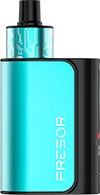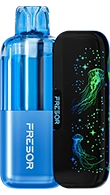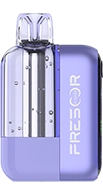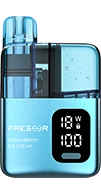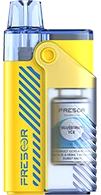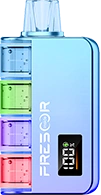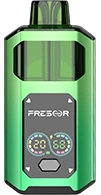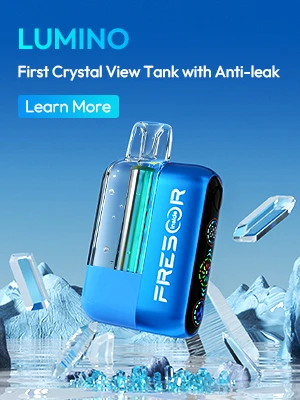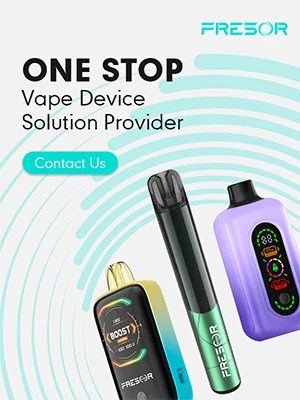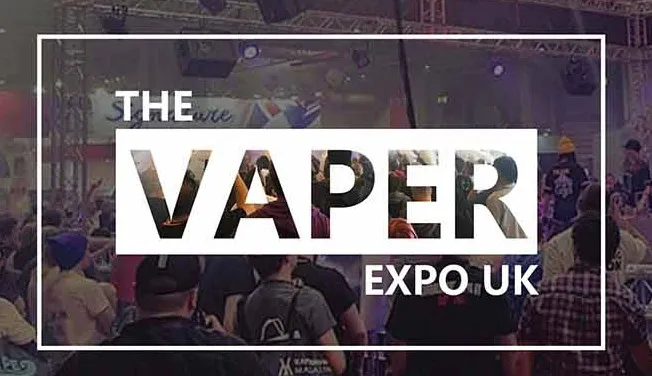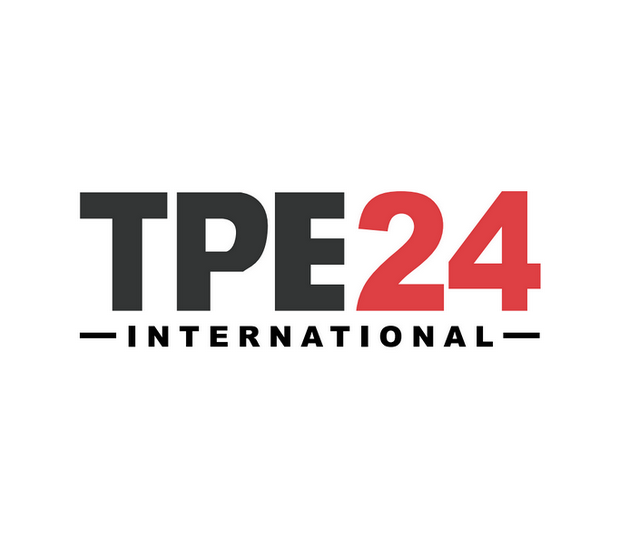Vape/E-Cigarette Restrictions in Indonesia

21 August 2023
As a rapidly growing industry, navigating import and distribution restrictions can be a daunting task for vape business owners operating in Indonesia. With changing regulations arising from the introduction of new laws, staying up to date on the current details is an absolute necessity for any retailer or wholesaler looking to bring their products into this vibrant country. In this article, we'll discuss the current regulation changes that are taking place in Indonesia and how you can best approach these restrictions while mapping out your plan of action for supply chain success in 2023.
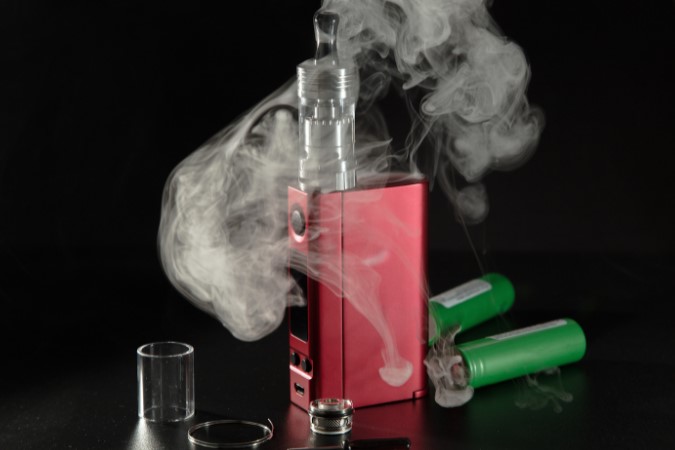
Current Vape Regulations in Indonesia
In the realm of vaping, Indonesia has become a dynamic landscape of changing regulations and burgeoning opportunities for both local and foreign manufacturers. As vape retailers and businesses seek to understand the current state of affairs, this article explores the evolving vape regulations in Indonesia, shedding light on the prospects and challenges that lie ahead.
Rising Urgency for Regulation
Indonesia's vaping industry has long operated in a regulatory gray area, raising concerns about public health and safety. Calls for stricter regulations have intensified, with electronic cigarettes, commonly known as vapes, coming under scrutiny for their potential health risks. Despite these concerns, the current regulatory framework is limited primarily to excise tax rates, with a 15-percent increase on liquid vape taxes slated for 2023 and 2024.
The National Commission for Tobacco Control has emphasized that e-cigarettes pose health risks comparable to traditional cigarettes. Nina Samedi, the commission's program manager, emphasized the need to equate e-cigs with their conventional counterparts in terms of regulation. While traditional cigarettes are subject to some regulations, e-cigarettes remain largely unregulated beyond tax considerations.
The Health Ministry's attempts to revise the 2012 government regulation on tobacco to encompass electronic cigarettes have encountered delays. The absence of comprehensive regulations has led to concerns about the potential health impacts of vaping. Researchers and experts have highlighted the urgency of ensuring public safety in the face of mounting health risks associated with vape products.
Foreign Manufacturers' Entry and Domestic Production
As China's e-cigarette industry continues to expand, manufacturers are looking to Indonesia as an attractive destination for production and distribution. The country's favorable cost factors, including land and labor, make it an enticing choice for establishing production facilities. Moreover, the Indonesian vaping market has displayed robust growth, with an annual growth rate of 50 percent (except for 2021 due to the pandemic).
Future Trend
Indonesia's large population and significant smoker demographic present unique opportunities for both domestic and imported e-cigarette brands. The regulatory environment allows for the marketing of lower-risk nicotine products, and the country's status as the only Southeast Asian nation permitting tobacco advertising further adds to its appeal. Imported e-cigarette brands can thrive provided they receive certification from relevant authorities and meet Indonesian National Standards.
Import Restrictions on E-Cigarettes/Vape Products
Indonesia, the fourth most populous country in the world, is a lucrative market for the vape industry. However, the Indonesian government has recently imposed stricter regulations on the import of e-cigarettes and vape products. The regulations stipulate that any e-cigarette device or liquid containing nicotine must be registered with the Indonesian Ministry of Health before importation.
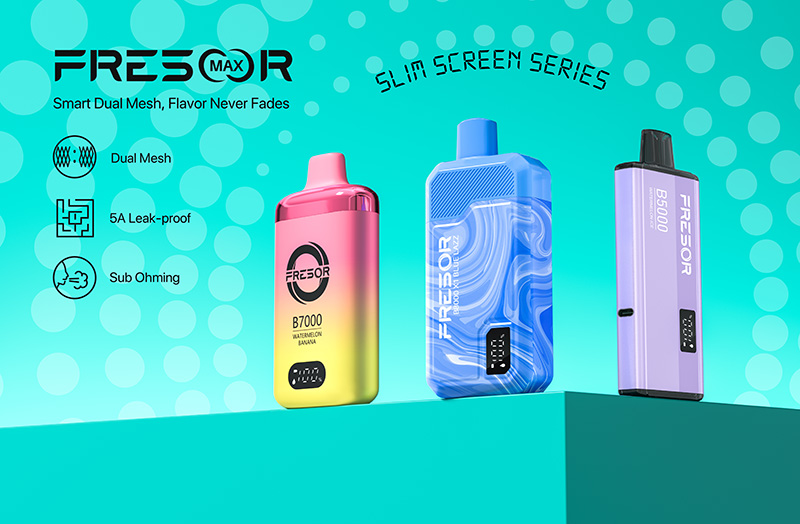
What are the new regulations?
As of 2023, the Indonesian government requires all e-cigarette and vape importers to register their products with the Ministry of Health. The registration process includes applying detailed product information, including a list of ingredients, manufacturing locations, and product specifications. Each product requires separate registration, and import licenses will only be issued for registered products. Additionally, the registration must be renewed every five years.
What does this mean for retailers?
Retailers should be aware that any e-cigarette or vape product imported without the proper registration will be considered illegal. All retailers should verify that their products are properly registered before importing them, as they may be held accountable for any violations. Retailers also need to ensure that they have the appropriate documentation for each product they import to avoid any legal issues. Furthermore, retailers should take note that the import of products not approved by the Ministry of Health may result in penalties, including fines and/or imprisonment.
How to navigate the new regulations?
To navigate the new regulations, importers should follow the guidelines stipulated by the Ministry of Health. This should include filling out the application form, submitting all necessary product information, and paying the required fees. Importers should also ensure that their products meet the standards required by the Ministry of Health. As part of the registration process, the Ministry of Health will carry out inspections on the manufacturer’s products to ensure compliance with all regulations. Importers must engage with the right professionals to streamline this process to avoid any unnecessary complications.
What is the impact of these regulations on the industry?
The new regulations will have a significant impact on the e-cigarette/vape industry in Indonesia. With the high costs involved in registering products, many small importers and retailers may choose to exit the market. On the other hand, registered products will gain a significant advantage over non-registered products. Consumers are likely to gravitate towards registered products, as they have the assurance of product safety and quality. This is an opportunity for the industry to align with global standards, attract larger investments, and grow in the long term.
Distribution and Advertising Restrictions in Indonesia
In Indonesia, the distribution of vape products is subject to specific regulations aimed at safeguarding public health and controlling the market. The Ministry of Health has implemented stringent guidelines to regulate the distribution of vape products. These guidelines encompass aspects such as product registration, labeling, and packaging requirements.
To legally distribute vape products in Indonesia, retailers and businesses must adhere to the following key points:
- Product Registration: Vape products must be registered with the Ministry of Health before they can be distributed in the market. This process involves providing detailed information about the product's ingredients, manufacturing processes, and potential health impacts. Ensuring accurate and comprehensive registration documentation is essential to avoid any legal complications.
- Labeling and Packaging: Vape products must bear clear and accurate labeling, including health warnings and usage instructions in Bahasa Indonesia. Packaging should not appeal to minors and should avoid any misleading claims. Compliance with these labeling and packaging guidelines helps establish a transparent and responsible image for your brand.
- Authorized Distributors: Working with authorized distributors is imperative. Only those with the appropriate licenses should handle the distribution of vape products. Collaborating with reputable distributors not only ensures compliance but also builds trust within the industry.
Advertising Restrictions
Advertising vape products in Indonesia is subject to strict regulations to prevent exposure to non-smokers, especially minors, and to maintain public health standards. The Advertising Law and the Ministry of Health's regulations govern how vape products can be promoted:
- No Advertising to Minors: Vape products cannot be advertised to individuals under the legal smoking age, which is 18 years old in Indonesia. Advertisements should not depict images or scenarios that might attract minors or suggest that vaping is a glamorous or desirable activity.
- No Health Claims: Advertising should refrain from making any unsubstantiated health claims or suggesting that vaping is a healthier alternative to smoking. Claims should be based on scientific evidence and approved by relevant authorities.
- Restricted Advertising Platforms: Vape product advertisements are limited to adult-oriented platforms and media. They should not be placed in locations or outlets where minors are likely to be exposed.
- Plain Packaging: The display of vape products at the point of sale is restricted to plain packaging without any promotional elements. This minimizes the appeal of these products to potential consumers.
By adhering to these advertising restrictions, vape retailers and businesses can maintain a responsible image, avoid legal issues, and contribute to a healthier industry environment.
Taxation Implications for Imported Vape Products
When importing vape products, there are three types of import taxes to consider: import duty tax, value-added tax (VAT), and luxury-goods sales tax (LGST). The import duty tax is levied on the value of the imported goods, while the VAT is calculated based on the value of the goods plus the import duty tax. The LGST is applied only to luxury goods, such as high-end vaping devices.
Tax Rates
The tax rates for each type of tax vary depending on the nature of the imported goods. For import duty tax, vaping products have a rate of 0-40%, depending on the category of the products. For VAT, the standard rate is 10%, but there are exemptions and reduced rates for certain goods. Luxury-goods sales tax stands at 20% and applies to high-end vaping devices like mods.
Documents and Declarations
To import vaping products into Indonesia, importers must provide the necessary documents, including a bill of lading, commercial invoice, packing list, and import permit. The import permit must be obtained before the shipment of goods. It is also important to declare the correct value of the goods as under-declaring the value can lead to penalties, fines, and even the seizure of goods.
Importers must comply with all the regulations and laws related to the importation of vaping products and e-cigarettes in Indonesia. Failure to comply can result in penalties and fines, including the revocation of import licenses or even criminal charges. Importers must also ensure that the products they import comply with local safety and quality standards.
Improve Your Vape Brand with TOP Vape OEM/ODM Manufacturer
ALD Vapor, a global leader in vaping industry, is professional in providing one-stop OEM/ODM atomization solutions for vape brands from all over the world since 2009. With over 14 years of experience, over 4000 workers, and 6 factory sites, the company has gained a great reputation among clients and a fast-growing market share.
Bottom Line
As Indonesia's vaping landscape continues to evolve, vape retailers and businesses must navigate a shifting regulatory framework while capitalizing on the industry's growth potential. The urgent need for comprehensive regulations underscores the importance of prioritizing public health and safety. While challenges exist, the allure of Indonesia's market size, regulatory environment, and manufacturing advantages remains strong. As the industry matures, finding the right balance between growth and responsibility will be essential for long-term success in Indonesia's vibrant vaping sector.

